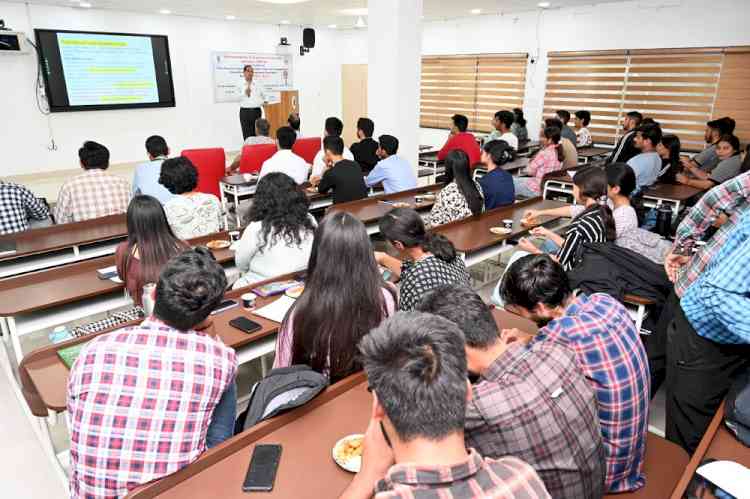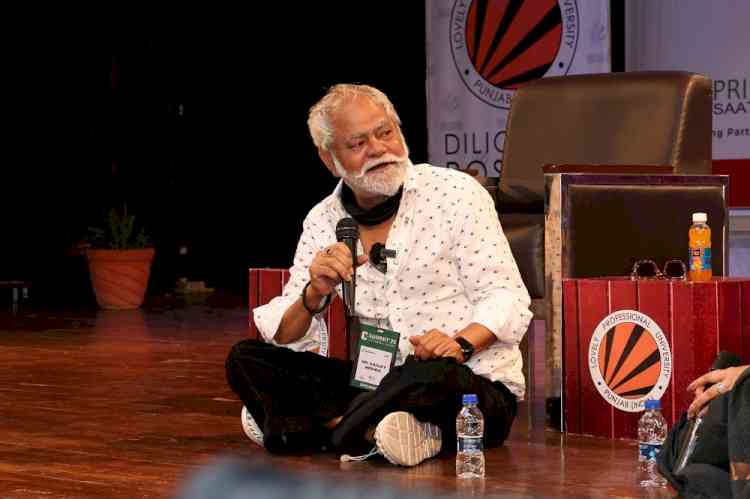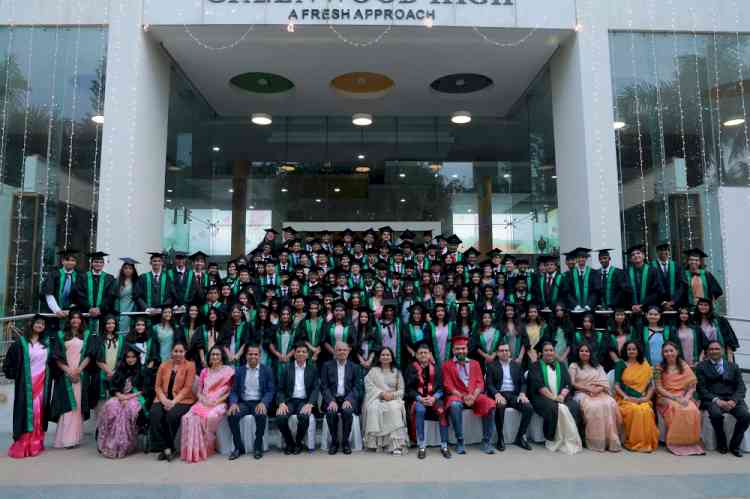Experts stress the urgent need to reduce food waste
The Department of Food Science and Technology at Dr. YS Parmar University of Horticulture and Forestry, Nauni, organized a special event under the All India Coordinated Research Project on Post-Harvest Engineering and Technology to mark the International Day of Awareness of Food Loss and Waste.

Nauni, September 30, 2024: The Department of Food Science and Technology at Dr. YS Parmar University of Horticulture and Forestry, Nauni, organized a special event under the All India Coordinated Research Project on Post-Harvest Engineering and Technology to mark the International Day of Awareness of Food Loss and Waste.
Dr. Rakesh Sharma, HOD Food Science and Technology, welcomed the students and highlighted the critical importance of this day. He noted that approximately 14% of food produced globally is lost between harvest and retail, often before it reaches consumers.
The keynote address was delivered by Dr. PC. Sharma, ICAR Emeritus Professor, who discussed ‘Post-Harvest Losses in Agricultural Crops and Commodities: Prevention and Management Strategies’. Dr. Sharma shared valuable insights into the global and national significance of reducing food loss and waste, emphasizing the United Nations Sustainable Development Goal (SDG) 12.3, which aims to halve global food waste by 2030.
While post-harvest losses in India have decreased from over 18% in 2010 to about 15% in 2022, experts stressed the need to further reduce these losses to single digits by 2030.
Dr. Sanjeev Chauhan, Director of Research, urged attendees to pledge to minimize food wastage during social gatherings to enhance food security and nutrition. He called for concerted efforts to achieve the target of zero hunger and to lower carbon footprints. The discussion underscored the multifaceted benefits of reducing food waste, including improved food security, reduced production costs, and increased efficiency in food systems, all of which contribute to environmental sustainability.
Alarmingly, around 1.3 billion tons of food is lost or wasted globally each year-equivalent to around one-third of global food production. This wastage carries an estimated economic cost of $1 trillion annually and accounts for 8-10% of global greenhouse gas emissions, significantly impacting climate change. Additionally, a lot of resources are used to produce this wasted food-25% of the world’s freshwater and 30% of agricultural land, with food waste in landfills generating methane, a greenhouse gas more potent than carbon dioxide. This event marks a vital step in raising awareness and prompting action towards reducing food loss and waste, ensuring a more sustainable future for our planet.


 City Air News
City Air News 










